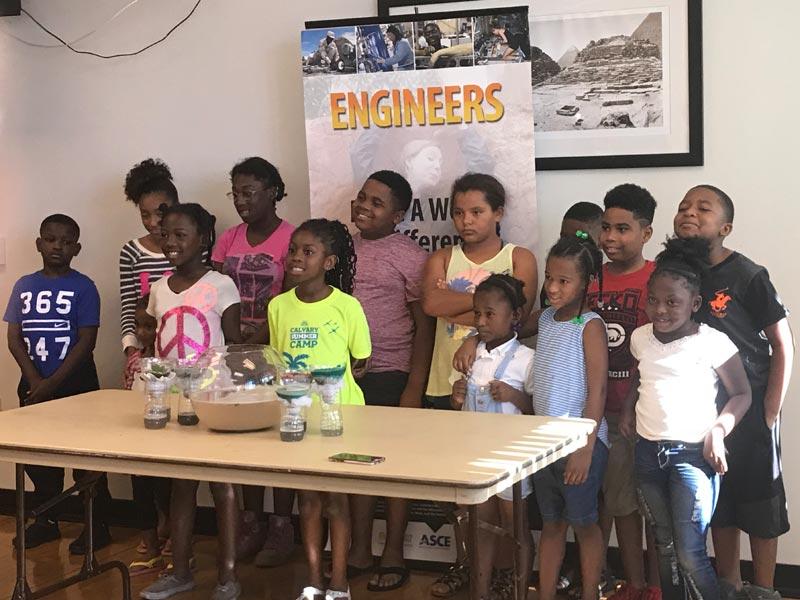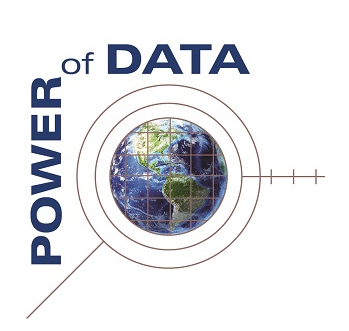Preparing High School Students with Autism for the Future of Remote Software Development Work
This project will advance efforts of the Innovative Technology Experiences for Students and Teachers (ITEST) program to better understand and promote practices that increase student motivations and capacities to pursue careers in fields of science, technology, engineering, or mathematics (STEM). For these students with visual impairments (VI), the possibility of a future in astronomy, or any science, technology, engineering, and mathematics (STEM) field, seems daunting.
The University of South Carolina will develop and research an educational program in the Southeastern United States designed to recognize and foreground the scientific contributions of the descendants of West Africans and West Indians. Though these contributions have been vital to many scientific enterprises, including land stewardship and aquaponics, they have remained largely underappreciated in educational programs.

This project will advance efforts of the Innovative Technology Experiences for Students and Teachers (ITEST) program to better understand and promote practices that increase students' motivations and capacities to pursue careers in fields of science, technology, engineering, or mathematics (STEM) by bringing together youth (grades 2-5), their families, librarians, and professional engineers in an informal environment centered on engaging youth with age-appropriate, technology-rich STEM learning experiences fundamental to the engineering design process.

The Power of Data (POD) project is designed to increase secondary student awareness of and interest in careers that use geospatial technology (GST) and data; increase their knowledge of educational pathways to enter these careers; and develop their 21st century workforce skills. Building on successful implementation in Arizona, the 4-year project will be carried out on a larger scale. The project will use a train-the-trainer approach involving some 30 teacher educators, 90 teachers and 27,000 students.
Nationwide, middle-school youth from underrepresented communities have few opportunities to engage in authentic STEM (Science, Technology, Engineering, and Mathematics) investigations that build on the students' intrinsic interests in space science and robotics to increase their interests in both ICT (Information and Communication Technologies) and STEM careers. ITEAMS II is a collaborative project of science educators and researchers at the Harvard College Observatory and the Smithsonian Astrophysical Observatory.
The GIS Resources and Applications for Career Education (GRACE) project builds upon a recent NSF-funded project, the Mayors Youth Technology Corps (MYTC), that developed a model of geographic information systems and technology (GIS/T) based education. MYTC developed a model of purposeful applications of GIS/T-based education for STEM careers in the workplace that provided youth in economically disadvantaged communities experience using and applying GIS/T to real world situations.
In existing CryptoClub after school programs, middle school students use mathematics to make and break secret codes. The CryptoClub website has tools for encrypting, messages to crack, treasure hunts and other activities. In this project, the learning in fifteen Crypto Clubs is extended by having the students generate tutorials that explain how they solve mathematics and cryptographic problems. The flexibility of the after school setting provides the opportunity to experiment with content and technology.
The TECHFIT project fosters middle school student enthusiasm for STEM disciplines. This is accomplished by equipping teachers with skills and tools to engage their students and show them how engineering technology knowledge can help them become innovators of interesting, fun, and valuable products. TECHFIT recruits teams of 2-5 science, technology, math, and physical education teachers from partner schools to complete a 6-day, professional development summer workshop.
The Marine Advanced Technology Education (MATE) Center at the Monterey Community College in collaboration with Washington State University is engaging in a scale-up study of the remote operated vehicle (ROV) program to new audiences of middle and high school students and teachers. Using a train the trainers approach, the MATE ROV project is conducting at least 45 regional professional development workshops in 15 regions for a total of 500 teachers.